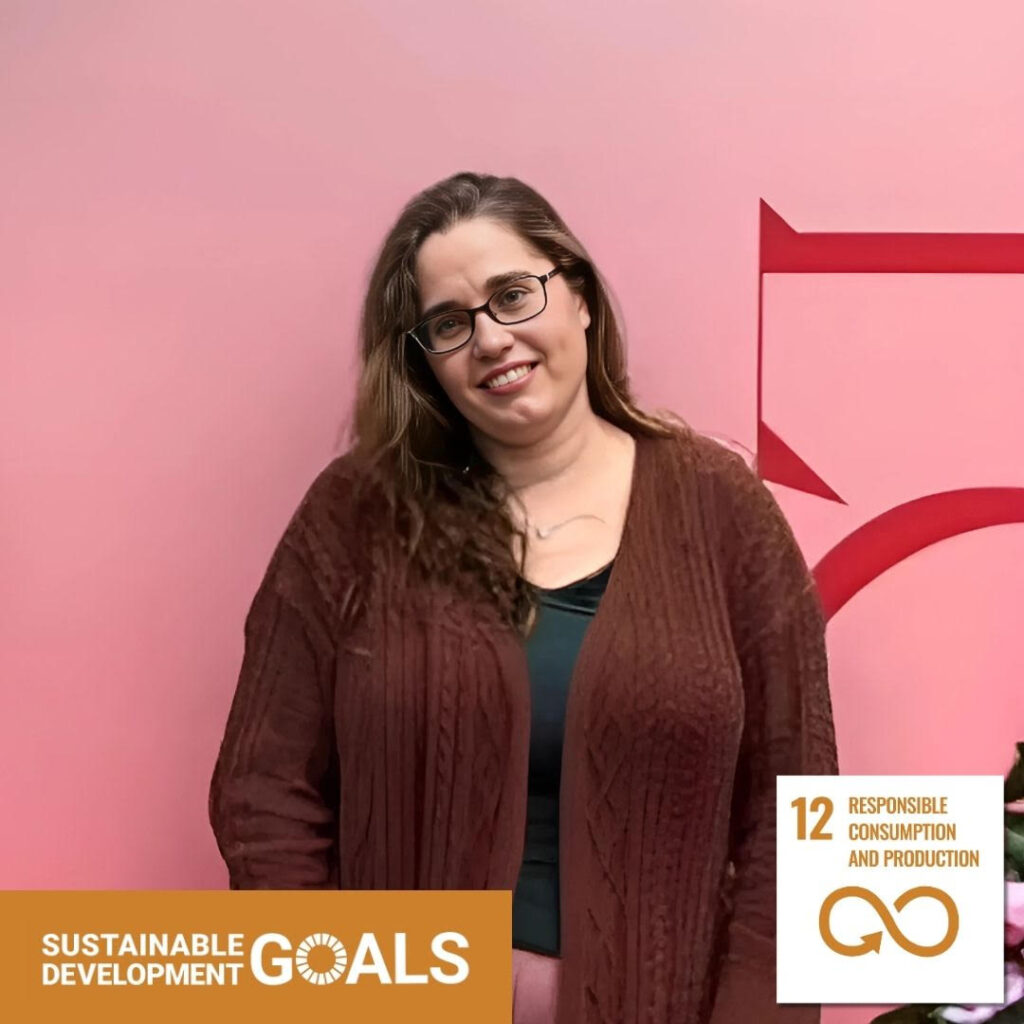Katherine Gardner, P.E., is a PhD student in the Civil and Environmental Engineering Department. Gardner’s research, with Dr. Grimberg, focuses on anaerobic digestion of food waste. Gardner grew up on a small farm in the north country, and she is “thrilled to be working on a project so close to home.” She holds a bachelors in Chemical Engineering from Clarkson and a masters in Chemical Engineering from Columbia University. Gardner is a part-time student, full-time mother of three, and a full-time process engineering manager at an architectural and engineering design firm. In her free time, she loves to knit, hike, and paint.

Gardner shared the following abstract about her research:
The anaerobic digestion of organic wastes is a viable technology for producing and capturing methane gas from waste streams that would otherwise be sent to a landfill or cause other environmental pollution issues. This technology has traditionally been used on municipal waste but focus in recent years has turned to dairy waste, food waste, and other organic wastes. Food waste, because of its high biodegradability, has great potential for producing methane gas. However, the variable composition of the feedstock often leads to reactor instability. The focus of our research is to find the underlying causes of this instability and ways to mitigate them.
The Institute for a Sustainable Environment is working to feature sustainability initiatives, like Katherine’s efforts, taking place on campus. At Clarkson, we are committed to including sustainability in everything we do. If you have a project, story, or other sustainability work you’d like to share, please email Evelyn (laferrep@clarkson.edu).